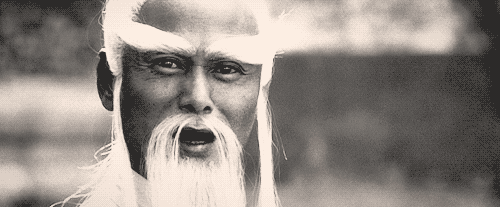Philippine typhoon victims buried in mass graves Monday December 4, 2006By Pedro Uchi DARAGA, Philippines - Villagers in the central Philippines buried their dead in mass graves yesterday after landslides and raging flood waters triggered by Typhoon Durian killed hundreds. Officials fear the death toll from Durian, which swept into the South China Sea on Saturday, could reach 600 after torrential rain and winds of up to 225km/h sent tidal waves of mud crashing onto communities circling an active volcano. Soldiers, miners and locals, some using their bare hands, continued to pull corpses and body parts from areas surrounding Mount Mayon, about 320km south of Manila. There was little hope of finding anyone alive under the fetid sludge. The National Disaster Coordinating Council said 309 people had been killed due to landslides, flooding and flying debris and 298 were still missing across the central Bicol region. In worst-hit Albay province, unembalmed corpses littered the streets and, amidst the stench of rotting flesh, survivors were forced to pile the dead into mass plots. "Some of the corpses are almost decomposed," said Cedric Daep, head of the provincial disaster coordinating council. More than 800,000 people were affected by the typhoon, which triggered flooding so intense some people, vainly clinging onto coconut trees, were washed out to sea. Thousands were still without food, electricity and fresh water yesterday after nearly 120,000 homes were damaged, communication lines uprooted and fruit trees, rice paddies and irrigation systems destroyed. Durian, one notch below a category 5 "super typhoon" when it hit the Philippines, later weakened to a category 1 typhoon over the South China Sea and was expected to cross Vietnam's coast today, potentially disrupting the coffee harvest. Residents around Mayon thought they had escaped catastrophe in September when the volcano subsided after months of spewing lava and rocks, raising fears of a major eruption and forcing thousands of residents to evacuate. The debris left behind proved deadly when Durian struck. Once lively villages were reduced to sticks and roofs protruding from the mud. Thousands of survivors crammed into schools and churches as disaster agencies called for fresh water, food and medicine. Named after a pungent Asian fruit, Durian was the fourth typhoon to hit the Philippines in three months. Forecasters expect one more before the end of the year. In September, 213 people were killed when Typhoon Xangsane battered the north and centre of the country, leaving millions without electricity or running water for days. Xangsane also killed dozens in Vietnam.






 Reply With Quote
Reply With Quote

 DNA comparisons: Gains (green), losses (red), the same (yellow)
DNA comparisons: Gains (green), losses (red), the same (yellow)




Bookmarks